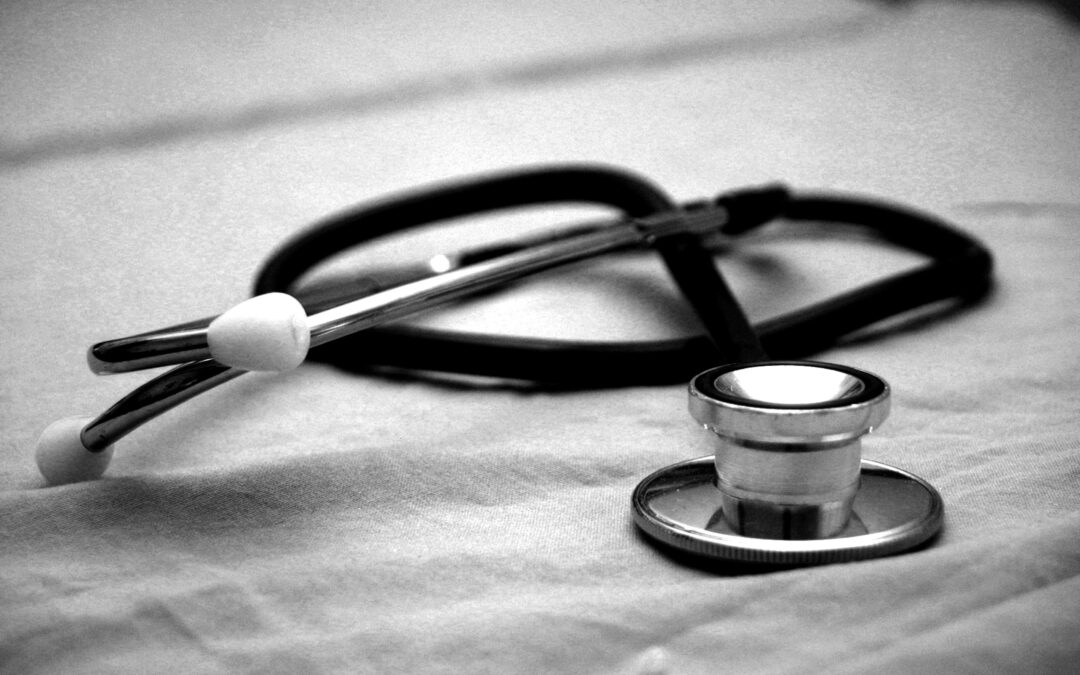In recent decades, the paradigms of mental health treatment have shifted dramatically, emphasizing community integration and patient agency. Virginia, a state at the forefront of these changes, offers a unique perspective on a notably successful approach to partial hospitalization programs. These programs provide intensive therapy and support while allowing individuals to return home at the end of each day.
Partial hospitalization in Virginia isn’t just about treating the symptoms of mental illness; it’s about redefining what it means to live with a mental health condition. By fostering a collaboration between clinical professionals, patients, and their support networks, Virginia’s partial hospitalization programs are creating a blueprint for a more holistic and sustainable model of care. This post will explore the state’s progressive methods and their impact on patient outcomes and community
Navigating Partial Hospitalization Programs
Seeking help for mental health challenges can be a daunting process, often entailing a nuanced balance between intensive treatment and the promises of daily life. Partial hospitalization programs (PHPs) stand out as a middle ground—a holistic approach to healing that provides structured, comprehensive care without the confinement of inpatient stays.
For those considering or starting a PHP, understanding the structure, benefits, and strategies for integrating treatment into daily routines is invaluable. Here, we’ll explore how to leverage this flexible form of psychiatric support to foster long-term well-being.
The PHP Framework
Partial hospitalization exists to support individuals who require regular, structured psychiatric treatment, but not the round-the-clock care of inpatient programs. Typically, PHPs offer a robust regimen of counseling, medication management, and therapeutic activities such as group sessions and workshops. It’s a highly adaptable format tailored to the individual’s specific needs and circumstances.
Patients in PHPs often grapple with acute mental health issues ranging from severe depression to substance abuse. The goal is to stabilize their condition and equip them with coping mechanisms and support networks to manage their symptoms effectively post-treatment. The PHP framework is designed to be intensive yet supportive, providing a transition between inpatient care and independent living.
Choosing the Right PHP for You
Selecting a PHP is a critical decision that must align with your treatment goals, lifestyle, and medical team’s recommendations. It’s essential to consider the following factors:
- Program Philosophy: Investigate the PHP’s approach and philosophy, ensuring it resonates with your personal values and needs.
- Staff Expertise: Assess the qualifications and experience of the program’s mental health professionals.
- Schedule Flexibility: Evaluate how well the program’s schedule can integrate into your work, school, or family commitments.
- Treatment Modalities: Understand the different therapies and activities offered and how they support your recovery.
- Peer Community: Consider the importance of connecting with a supportive network of peers going through similar challenges.
By being discerning in your choice, you increase the likelihood of a positive treatment experience and a successful recovery.
Balancing Treatment with Daily Life
An advantage of PHPs is their ability to blend seamlessly with the individual’s existing life. Here are strategies to balance PHP treatment with daily responsibilities:
Communicate Openly
Talk to your employer or teachers about your participation in a PHP. Many are legally obligated to make reasonable accommodations for their treatment schedule. Transparency can also foster understanding and support from your peers.
Set Realistic Expectations
Treatment takes precedence, but that doesn’t mean neglecting work or personal responsibilities. Set achievable goals, prioritize tasks, and be prepared to say no to additional commitments.
Self-Care is Non-Negotiable
Self-care practices are crucial, so find ways to incorporate them into your routine. Whether it’s exercise, meditation, or hobbies, these activities are vital for your mental well-being and maintaining an identity beyond your illness.
Leverage Community Resources
Don’t hesitate to reach out for help from friends, family, or community resources. A strong support system can ease some of the daily pressures and provide a safety net during challenging times.
Measuring Success
In a PHP, progress is often measured by a reduction in acute symptoms and an increase in coping skills and resilience. However, success is a subjective and individualized metric. You may find that improved relationships, a return to work or school, or simply a sense of hope are signs of a successful program. Celebrate these milestones as they reflect a crucial step forward in your mental health journey.
Transitioning Out of a PHP
Preparing for life after a PHP is a vital phase of your treatment. Work closely with your treatment team to develop a robust aftercare plan, including follow-up appointments, support group involvement, and lifestyle adjustments that maintain your well-being.
Take the tips and tools you’ve learned in the program and apply them in your everyday life. Establish routines, practice healthy habits, and continually engage in self-reflection to stay on course.
Reach Out to Arrowwood Addiction Treatment Center Today
The partial hospitalization program (PHP) is a valuable resource for individuals struggling with acute mental health issues. Through its intensive and supportive structure, it offers a transitional step towards independent living while equipping patients with essential coping mechanisms and support networks.
If you or someone you know could benefit from a PHP, reach out to Arrowwood Addiction Treatment Center today. Our experienced team of mental health professionals is committed to providing personalized and effective care, helping individuals achieve long-term recovery and a better quality of life. Together, we can work towards building a healthier and happier future.

